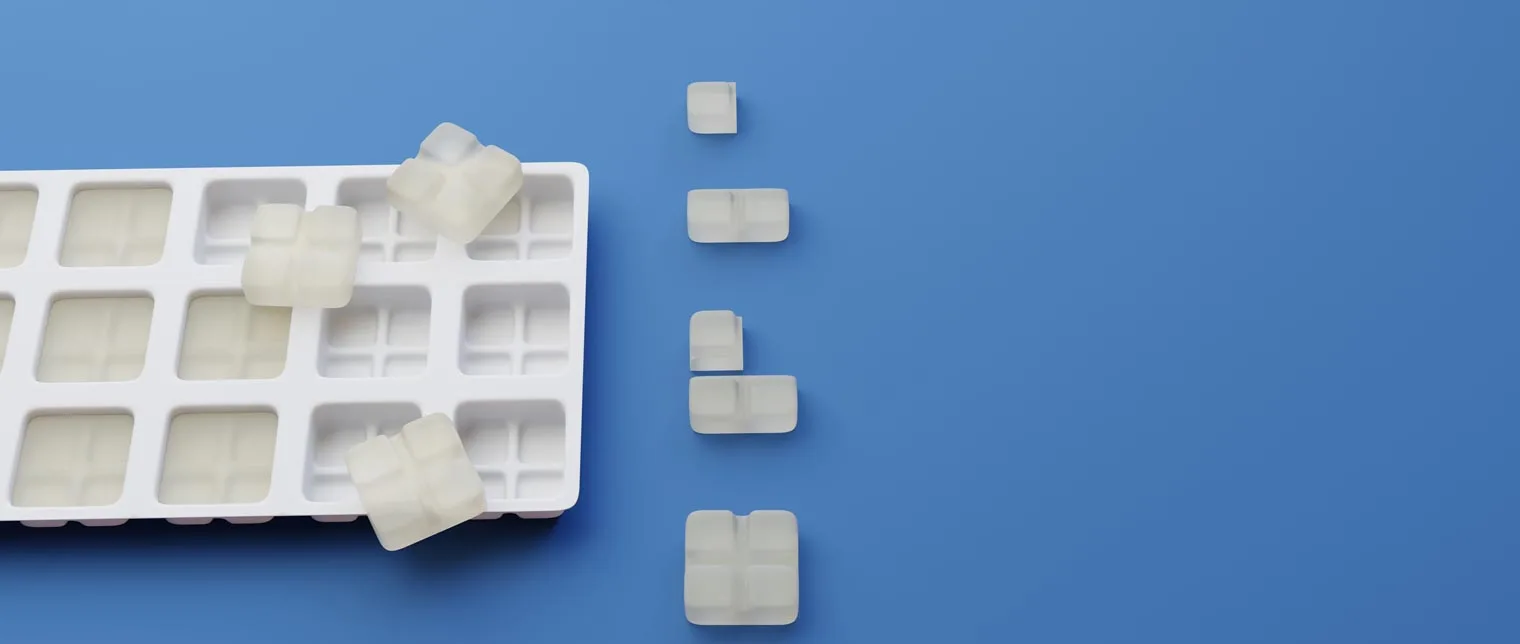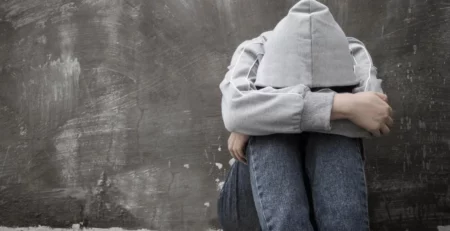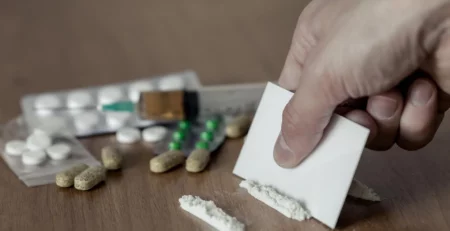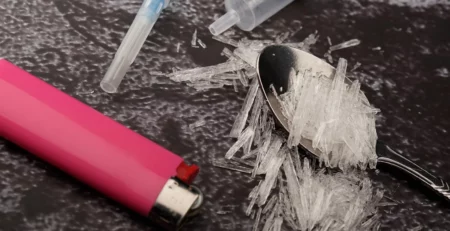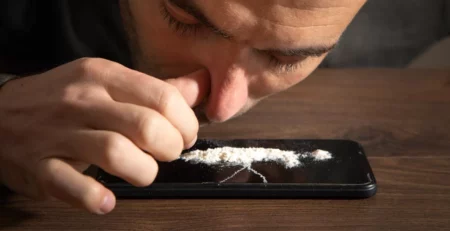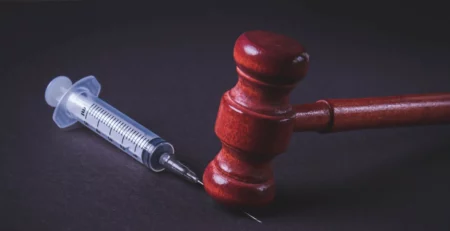Are Ketamine Troches Addictive?
Know the Risks of Daily Ketamine and Get Alternatives at Icarus Nevada
Ketamine is a hallucinogenic drug. When used for medical purposes like chronic pain and mental health conditions, ketamine can be prescribed in multiple forms: Ketamine infusions, nasal sprays, and ketamine troches (dissolving sublingual medication tablets). While non-medical use of ketamine is illegal, it can also be used as a recreational drug.
Like with opioids and benzodiazepines, the fact that it is possible to get a prescription for ketamine does not mean that ketamine is without risks. Physical dependence, overdose, high blood pressure, and seizures are just a few of the complications associated with Ketamine abuse. There are both short and long-term effects associated with the drug.
No matter how you start using Ketamine, it can get out of hand quickly. Ketamine addiction can affect anyone, and the consequences of Ketamine abuse can present at any point in time. You or a loved one who may be struggling can break free from ketamine addiction with support at Icarus Behavioral Health Nevada.
The first step is to identify the problem. So, what should you know?
Let’s discuss the link between addiction and Ketamine troches and ketamine as a controlled substance first. Then, we’ll talk about the risks of daily ketamine use, alternatives to Ketamine therapy, and how Icarus in Nevada can help.
Are Ketamine Troches Addictive?

While ketamine can be prescribed for medical purposes, it is possible to develop an addiction to the drug. Multiple companies have taken advantage of new telehealth laws. In turn, mail-order ketamine touches are being prescribed for around $200 per month with very little oversight or concurrent mental health therapy.
Although ketamine use always comes with a risk of abuse or dependence, there are reasons to believe that access to the drug without sufficient support raises the likelihood of addiction to ketamine.
It is generally recommended that mental disorders like anxiety, depression, and PTSD be treated with a combination of medication and therapy as the first line of treatment. Anyone receiving medication for a mental health condition should receive appropriate monitoring from a professional such as a psychiatrist.
Get Effective Ketamine Abuse Rehab Options – Call Now!
Identifying Ketamine Abuse: Signs of Addiction
It is important to know the signs of ketamine addiction so that you can look out for them in yourself or a loved one. Signs of an addiction to Ketamine, troches or otherwise, may include but aren’t limited to the following:
- Needing to use larger amounts of ketamine than before to achieve desired effects.
- Spending a great deal of time under the effects of, using, obtaining, or thinking about Ketamine.
- Using Ketamine in situations where it’s dangerous to do so (e.g., while operating machinery).
- Continuing to use Ketamine even if it has negative effects on one’s life or well-being.
- Withdrawing from friends and loved ones.
- Feeling detached from oneself or one’s environment.
- Changes to blood pressure or heart rate.
- Loss of (or near loss of) consciousness.
- Behavioral changes.
- Sleep disturbance.
- Trouble speaking.
- Ketamine cravings.
- Memory loss.
- Poor judgment.
- Salivating.
- Slurred speech.
- Hallucinations.
- Anxiety.
Often, people with an addiction to Ketamine troches start with low doses and move up to higher doses as they develop a dependence on the drug.
If you notice signs of Ketamine abuse in yourself or someone you know, the support of our addiction treatment programs at Icarus in Nevada can help.
Ketamine as a Schedule III Controlled Substance: What the DEA Says
When people ask, “Is ketamine addictive?” One possible area of confusion is the fact that it can be prescribed by physicians legally but is illegal as a street drug. There are five classifications used to communicate the acceptable medical use and potential for addiction to drugs like ketamine. Ketamine is a Schedule III controlled substance as defined by the Drug Enforcement Administration (DEA).
While the penalties for illegal possession or selling of Ketamine are not as severe as they are for Schedule I drugs with no medical uses, like heroin, they are still serious and include but aren’t limited to hefty fines and imprisonment.
People may also assume that non-medical use is safe because Ketamine has been used in medical offices, but that is not the case.
What are the Known Risks of Daily Ketamine Use?

With the rise of ketamine infusion treatments, ketamine troches, and nasal sprays, it is common to forget the risks. As a well-known club drug, ketamine is often abused for its dissociative effects. Some people crave or chase the “out-of-body” experience and related effects of ketamine.
Unfortunately, ketamine can also be used as a date rape drug in cases of sexual assault. While short-term adverse effects associated with ketamine use and withdrawal can be serious on their own, many risks increase with ongoing use.
Dangerous effects associated with continuous ketamine use include but aren’t limited to the following.
- Bladder damage, pain, or ulcers.
- Damage to other organs, including the kidneys.
- An increased risk of injury or accidents.
- Financial and legal problems.
- Heart attack or stroke.
- Memory problems.
- Stomach pain
- Seizures.
- Depression.
Some people can’t use Ketamine due to certain medical conditions, which should be noted. For example, people with substance use disorders and heart conditions may be advised to take caution with the drug or may not be approved for Ketamine treatments at all. With recreational use, the consequences are still there, but without supervision, some implications can be even more risky.
If Ketamine is mixed with other drugs, like alcohol, the dangerous effects of Ketamine can be more severe or more likely. Thankfully, there are alternatives for those treating depression, anxiety, chronic pain, trauma, and other concerns with Ketamine, and if you have an addiction to Ketamine or think that you might, there’s a way out.
Getting Alternatives to Ketamine Troches

Mental health treatment programs are an optimal alternative to ketamine troches because they provide comprehensive help for mental disorders. A whole-person approach is ideal for treating mental health conditions because it looks at all aspects of your life and well-being. For example, your trauma history or comorbid mental health conditions that might pair with substance abuse.
It is very common for people facing drug abuse to live with one or more additional mental health disorders. This is called “a dual diagnosis.” If you have an addiction to ketamine and a co-occurring mental health concern, dual diagnosis treatment with us at Icarus Nevada is the ideal setting for recovery.
Getting Effective Dual Diagnosis Treatment Support at Icarus Nevada
Icarus Behavioral Health in Nevada offers whole-person substance abuse, mental health, and dual diagnosis treatment, making our programs an ideal solution to ketamine troches. We use evidence-based therapies and treatments, like trauma therapy, dialectical behavioral therapy, motivational interviewing, psychoeducation, and medication management.
Some people attending Icarus Nevada are getting help for the first time. Others will have tried many different treatments for depression, PTSD, substance abuse, and other concerns we treat. We look at all aspects of who you are, knowing that many factors can contribute to mental health conditions and the use of Ketamine or other substances.
Icarus Nevada is here to meet you where you are and help you get to where you want to be.
24 Hour Ketamine Addiction Rehab Options – Call Now!
How Ketamine Addiction Treatment at Icarus Nevada Can Help
We know that every client who enters our doors is unique. As a result, we offer a full continuum of care and work with our clients to create individualized treatment plans. That way, clients with all levels of addiction or mental health symptoms can get the support they need.
When you reach out to Icarus Behavioral Health about Ketamine addiction treatment, we will give you a free intake assessment to help us better understand your treatment needs.
During that assessment, we will go over your current substance abuse symptoms, mental health symptoms, and other factors that may affect your treatment. For example, how long you have been using ketamine or other drugs? Or, whether or not you intend to attend work or school while in treatment for Ketamine abuse.
Then, you will collaborate with our staff members to choose a starting level of care.
- Medical Detox: Our medical detoxification program for ketamine lets you get off of substances with the help of experienced staff and 24/7 medical supervision. That way, you’ll have help managing physical and psychological withdrawal symptoms and will reach a place of stability before entering inpatient rehab or outpatient services. Clients generally stay in detox for a short period (1-2 weeks) before transitioning to another care level.
- Residential Inpatient Drug Rehab: Our residential inpatient treatment program provides 24/7 support from staff in a dedicated substance-free environment. As a residential inpatient client, you will live on-site at Icarus. Your schedule will consist of regular groups, high-quality meals, individual therapy, recreation, and other activities.
- Partial Hospitalization: A partial hospitalization program (PHP) is more intensive than other outpatient programs. PHP clients at Icarus attend treatment most days of the week, and the time commitment is similar to that of a typical school or work schedule.
- Intensive Outpatient: The intensive outpatient program (IOP) at Icarus Nevada has a lower time commitment than PHP, but it still provides comprehensive care through regular groups, individual therapy, and other activities.
We also offer standard or continued outpatient services. As you prepare to exit treatment at Icarus Behavioral Health in Nevada, we will help you build a personalized relapse prevention plan so that you can feel confident in your next steps.
Icarus Nevada works with most insurance companies. When you reach out to us, we will verify your insurance coverage for free. We are also here to book a tour of our Nevada facility for you or your family.
Get Help for Ketamine Dependence at Icarus Nevada

If you’re ready to get help for ketamine addiction or want to learn more about treatment, contact Icarus Behavioral Health Nevada today. Whether you’re inquiring for yourself or a loved one, call the admissions line on our website to get in touch.
All calls are kept strictly confidential, so please reach out today in confidence to get proven options for support!
Up To 100% of Rehab Costs Covered By Insurance – Call Now!
FAQs About Ketamine Troches and Daily Ketamine Usage
What are the signs of Ketamine overdose?
Although ketamine overdose is rarely fatal, death from ketamine overdose is possible. Taking too much ketamine can be scary, even when it is not deadly. Signs of ketamine overdose can include but aren’t limited to the following.
- Dangerous changes to blood pressure or heart rate.
- Loss of consciousness.
- Breathing changes and slowed breathing.
- Seizures.
- Coma.
People who receive ketamine in low doses in a medical setting with close monitoring are less likely to experience an overdose than people who use high doses of the drug. Mixing ketamine with another drug increases the risk of serious events.

